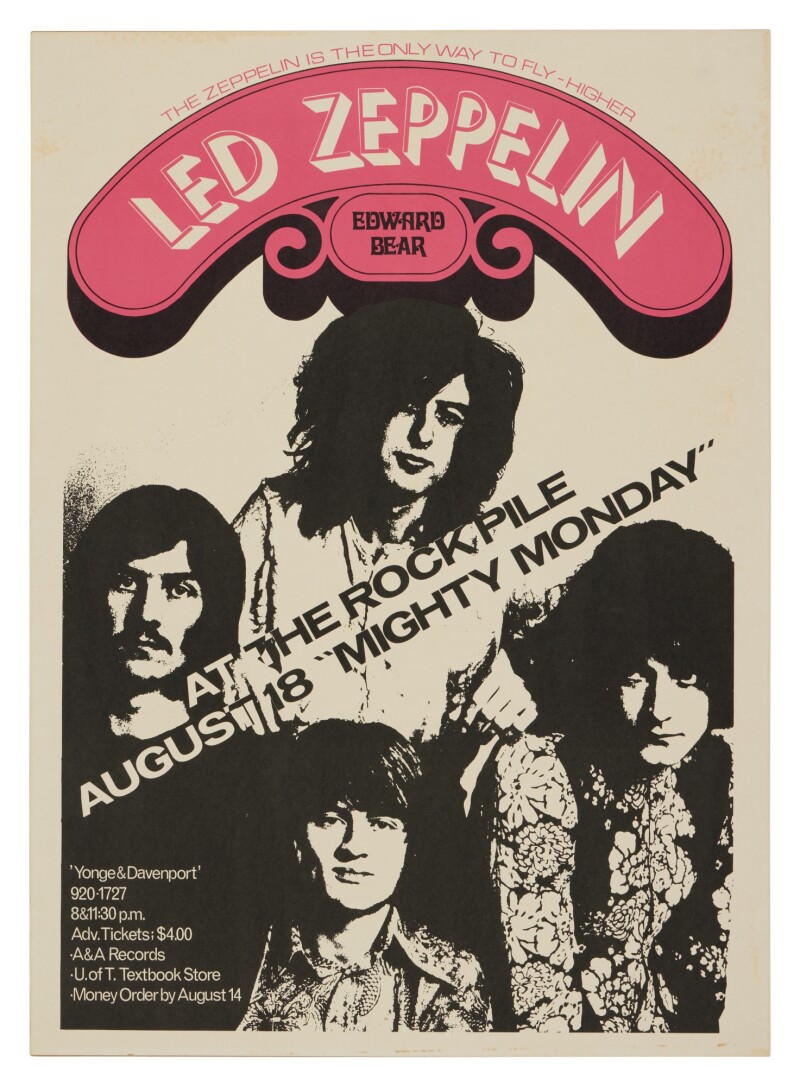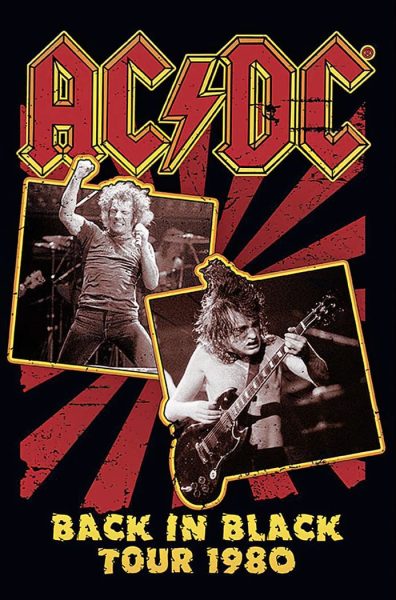
Led Zeppelin poster from a show at a college.
From the revolutionary impact of The Beatles and Queen to the early 2000s alternative explosion led by Radiohead and the rise of Nu Metal, rock and roll has gone through its phases. But in the last ten years, the genre has sharply declined in mainstream popularity. Today, pop, rap and hip-hop dominate the airwaves, leaving many to ask: Is rock dead?
I’ve been immersed in rock and roll from an early age. I grew up on bands like The Offspring, System of a Down and Slipknot, which once felt larger than life. But many of those acts have either disbanded, faded from the spotlight or slowed their musical output. When did this happen, and more importantly, why?
I blame TikTok. The platform dictates what trends in music, flooding radio stations and streaming services with the same viral tracks we hear on our feeds all day. The music industry has become diluted with influencers, industry plants and trend-chasing songs that strip music down to its simplest, most digestible form. But does that fully explain why rock seems to have fallen off the map? Not entirely, but it does explain why we don’t see a steady influx of fresh rock music breaking into the mainstream.

Rock isn’t dead; it’s just niche. The genre isn’t dead; it’s just moved away from mainstream dominance. While pop, hip-hop and electronic music dominate the charts, rock still performs well in smaller, niche communities. Independent artists, indie bands and older bands continue to create great music, just without the same industry support or mass popularity they once had.
The difference now is that rock fans have to seek it out. The days of rock bands ruling MTV or topping the Billboard Hot 100 may be over, but that doesn’t mean the music is gone. Rock has evolved, branching into subgenres and finding homes on streaming platforms, vinyl collections and live shows rather than viral trends. And maybe that’s not such a bad thing.

Instead of chasing commercial success, modern rock musicians aren’t afraid to try new things and express their thoughts without concern for industry trends. The revolutionary, rebellious nature that has defined rock from its inception is alive and well, and maybe more alive than ever.
Bands like Fontaines D.C., The Strokes and Cage the Elephant continue to produce music that appeals to modern listeners and stays true to the classic rock and roll formula.
The passion is still there, but the only thing missing is the widespread cultural moment that rock once commanded. But who’s to say that moment won’t come again? Music is ever changing, and just like how rock reinvented itself time and time again, it’s only a matter of time before it resurfaces in a new way.
Rock isn’t dead. It’s just waiting for its next (r)evolution.